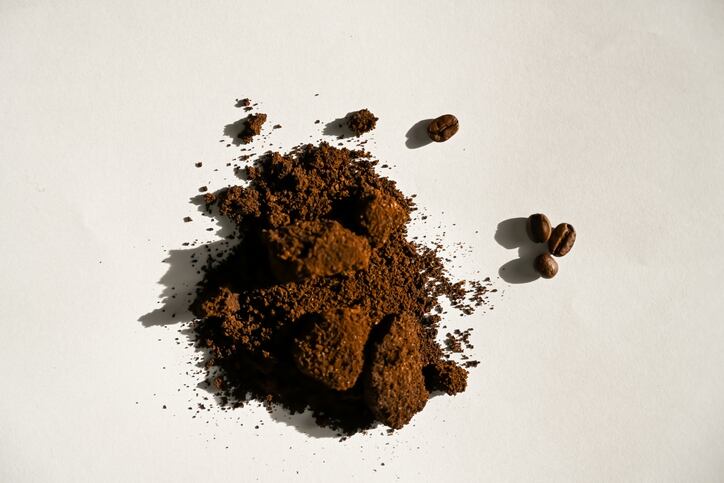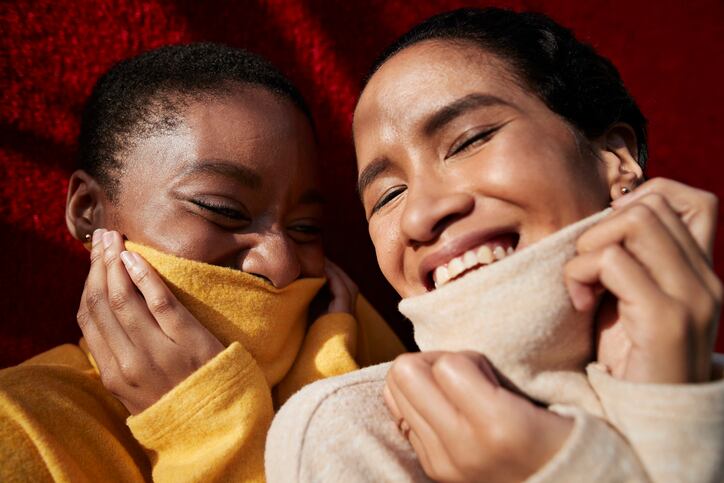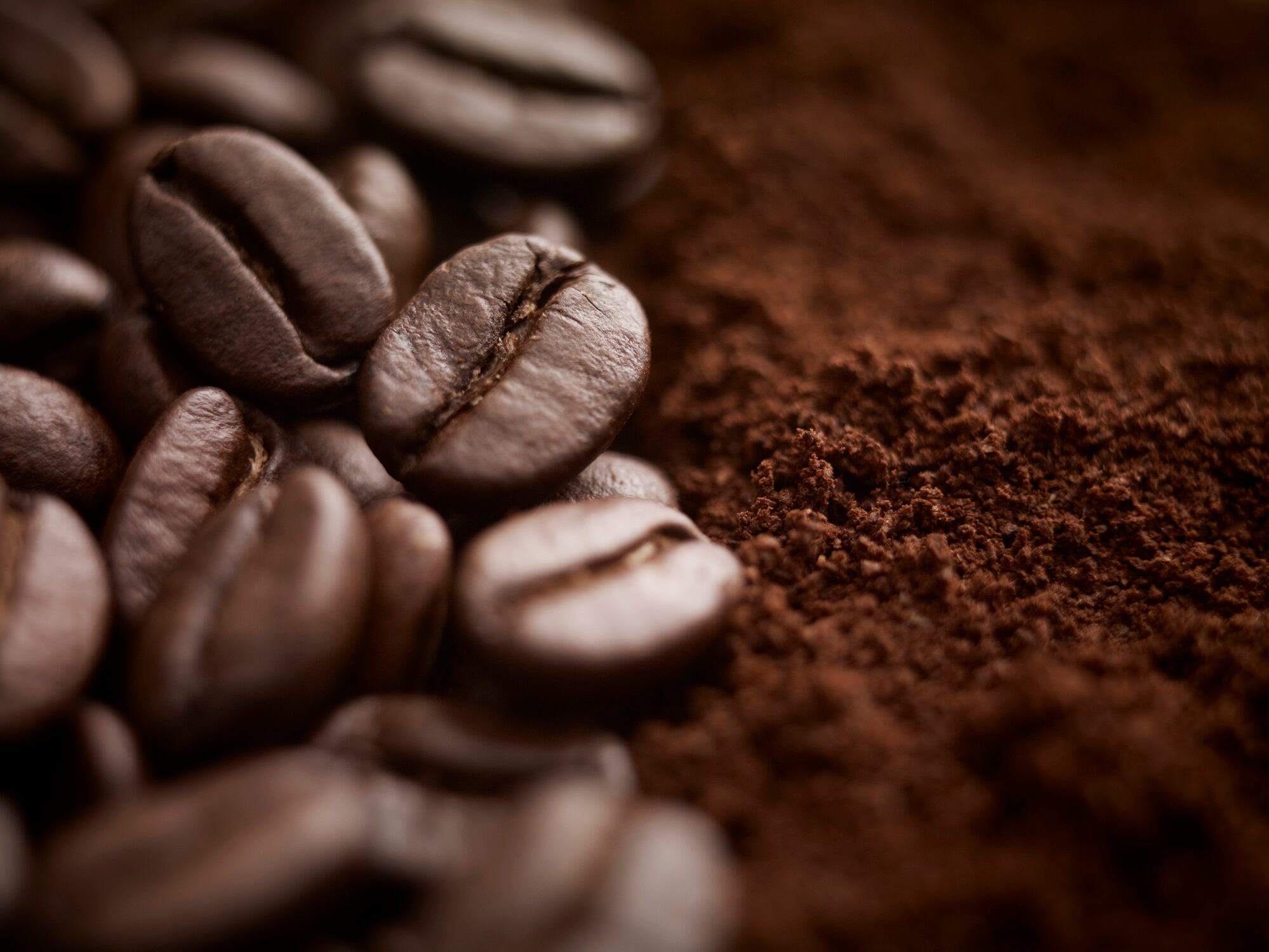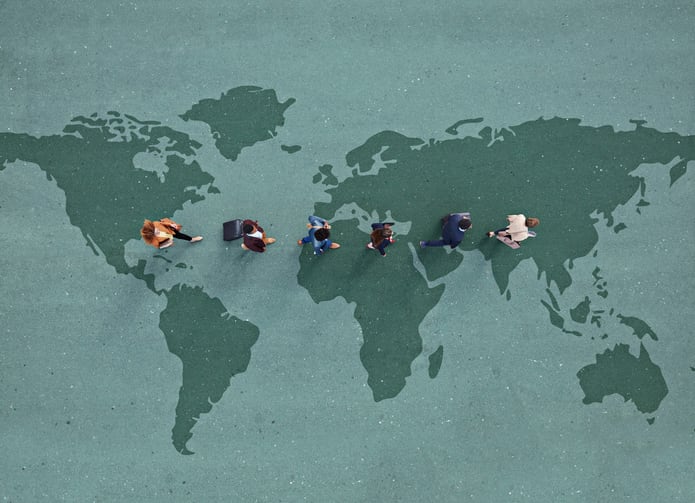Established late last year and unveiled at in-Cosmetics Global in Barcelona last month by Beauty Kitchen founder Jo Chidley, the Coffee Colab was made up of five companies: beauty brand Beauty Kitchen, coffee bean collector Bio-Bean, contract manufacturer Arcania Apothecary, and ingredient specialists Revive and Kaffee Bueno. It had been formed to build out upcycled beauty business ideas and concepts that used coffee waste, and the collective had already developed four prototype beauty products: a serum, moisturiser, face mask and balm.
Coffee research is ‘off the charts’
Chidley said the decision to focus on coffee had been a strategic one. “It’s a great ingredient; we know it works. The research that is out there currently is off the charts,” she told attendees at the tradeshow.
Importantly, coffee was also extremely diverse as an ingredient and could be moved into “lots of different categories”, she said.
The five companies held their first meeting back in October 2022 and had since worked on building out prototype beauty product ideas.
“We brought together all of these great minds in one room to think about what we could actually make,” Chidley said. “What’s come out of it is a serum, a moisturiser, a face mask and a balm but we’re already thinking about how we could then have the wellbeing aspect.”
Moving beyond topicals, she said the collective was now determined to edge into edibles and offer a product that could “compliment the skin care regime”.
B-Corps – ‘it’s almost like we already decided to collaborate’
Each company involved was B-Corp certified and, in some way, engaged or interested in using coffee waste – an aspect Chidley said had certainly helped in the successful formation of the collaboration.
“When you get other B-Corps working together, it’s almost like we’ve already decided to collaborate because of this seal of approval,” she said.
The companies involved were also aligned in thinking because each followed cradle-to-cradle approaches, whereby everything was considered on a “molecular level” to truly understand what could be made out of waste or surplus ingredients, she said.
The UK contract manufacturer Arcania Apocethary, for example, was using coffee logs made by Bio-Bean – compact fire logs made from recycled waste coffee grounds – for the heating processes involved in producing the coffee-waste beauty products.
Building out Coffee Colab as a business
Today, Chidley said the Coffee Colab had no NDAs [non-disclosure agreements] in place and there was no contract between the companies involved – a scary concept for some, given how far it was from traditional beauty innovation strategies. But, she said, that had always been the goal.
“We don’t have a route-to-market yet,” the founder said. “We’ve created something at a very innovative, almost project level, just to be able to demonstrate what’s truly possible out there in the market.”
This project, she said, had not been about a beauty brand simply collaborating with ingredient specialists – “a normal supply chain”. Instead, it had been about getting “everyone in the room talking about making a difference and driving circularity through this particular project”, she said.
Moving forward, Chidley said the next steps and focus would be on the financial and commercial aspect of the collaboration, looking at how the product ideas could be built out into a viable and shared business.
“I get quite excited by waste or ‘resource’ because it’s just an amazing way for us to be able to change the world we live in,” she said. And coffee could play a “big, major part” in this, she said, because it had so much to offer as a waste product.




